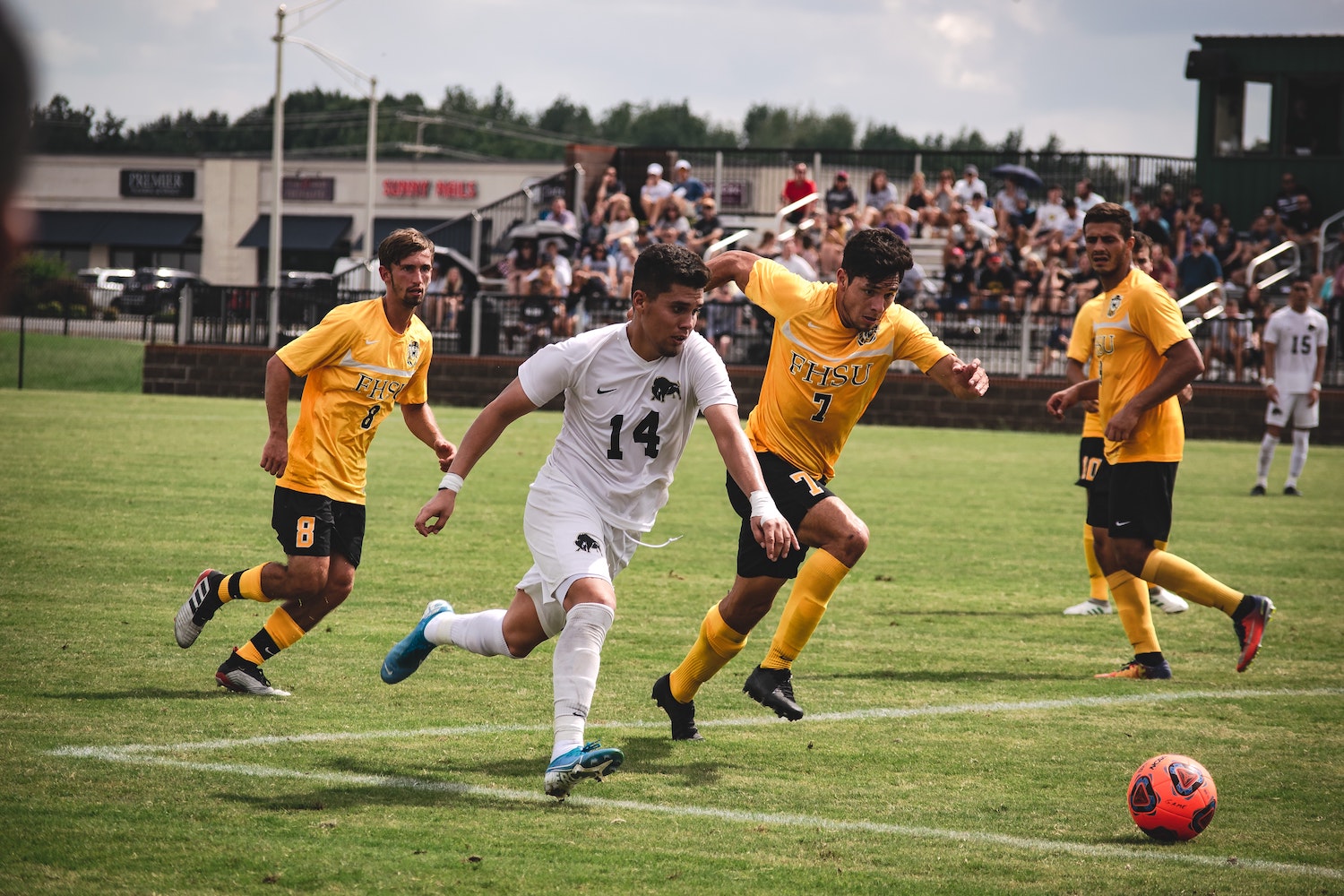What is choking?
Star basketballers missing a penalty shot in overtime. Well-rehearsed interviewees forget their words during job interviews. Performers sing off pitch or jumble their words on stage. People embarrass themselves on first dates, after practicing introducing themselves in the mirror over and over. Students forget their in-exam essay they have re-written a million times. These are all examples of what we call ‘choking under pressure’, and it happens to everyone, no matter the expertise or situation.
If we look at the above examples, pressure can cause some embarrassing, shameful, or disheartening moments. On the other hand, Billie Jean King (former American Tennis champion) says that, “pressure is a privilege”. Pressure is required to ‘create diamonds’, and puts us in situations that challenge, reward, and help us grow. So how can we stay cool under pressure, to perform at our best and make the most of these moments?
-
Avoid over-attention or analysis – enter the ‘unconscious’

NBA All-Star Tim Duncan has said, “When you have to stop and think, that’s when you mess up.” – in basketball the term ‘unconscious’ is a nickname for shooters who never miss a shot. In dance, the great dance choreographer, George Balanchine, urged his students, “Don’t think; just do.”. When we are in high-pressure situations, we try to control what we are doing. Which ultimately leads to performance depletion. Once a well-practiced task enters the unconscious, it can be detrimental to think more about the detailed mechanics behind the task. Instead, we should focus on the external and ultimate goal. What can we do?
We can ‘unhook’ our brains by unloading stress and worries:
We excel, when we are able to choose where place our attention. Our brain can only process so much information at once, and when under pressure there are often thoughts competing for our attention between focus of task execution, and fears, worries, or concerns. With these competing thoughts, something (usually crucial to our performance) has to give.
So, we can try to unload our worries by journaling or writing them down. This externalises our fears and self-doubts to allow more space in our brain or to the task at hand. This can help us avoid paralysis by over-analysis – or losing our cool under pressure. Research shows something this simple can minimize the likelihood of negative thoughts returning and distracting us during the moments that count. Unhooking our brains can also be managed by implementing a pre-performance task or routine such as engaging in a mindfulness app, calling a loved one or taking a deep breath.
-
PRESSURED practice makes perfect
“Practice like you play, because you play like you practice”. The concept of repeating something over and over and over again, until you master it is not the most effective method for decreasing the likelihood of ‘choking’. In fact, when it comes to attention, learning and memory retention, research shows our brains retain more information when we pay attention to change and difference, as opposed to repeating the same task (which can lead to boredom and inattention). Rather, practicing ‘effective repetition’ and ‘interleaved practice’ are essential to ensure the best chances at staying cool under pressure.
Interleaved practice is a method to break up monotony by mixing up repetitions and combining them. This means rather than getting into a ‘groove’ and rehearsing a pattern – you have to work harder to remember what you previously practiced. This forces you to become more focused and engaged, leading to higher outcomes of mastery under adverse environments.
Effective repetition is making sure we practice how we play.

Research in elite sport and military performance has demonstrated that practicing effectively involves training cognitively (practicing visualisation, and addressing the ‘what if’s?’, planning and preparing) and physically (undertaking the task in stressor environments, to simulate real-life situations). To perform without choking under pressure, we must place ourselves in the same conditions during practice. We must learn to normalise discomfort and use it to our advantage.
Rather than rehearsing a speech, or kicking penalty shots on your own, do it with an audience. Put on time pressures on simulate exam environments and practice in the environment which may be anxiety inducing. The goal is to close the gap between practice and competition – becoming accustomed to what the task will feel like during the ‘real thing’ will determine whether we are likely to choke, or stay cool, under pressure.




